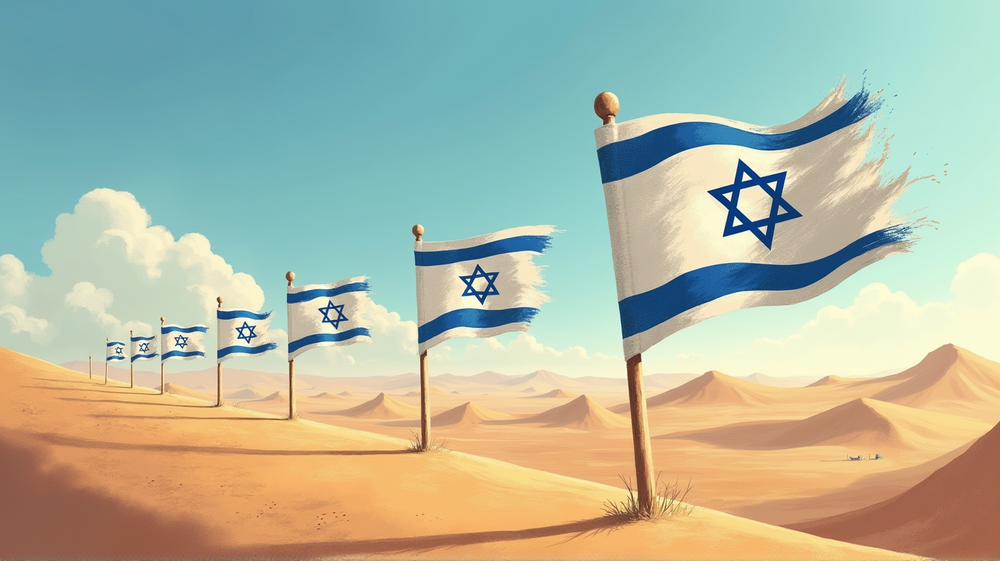In a new wave of online criticism, The Economist has found itself at the center of a storm. The magazine recently released an issue with a cover that dubbed Israel’s actions as “hubris,” using an illustration that shows Israeli flags dotting Middle Eastern terrain. This depiction has drawn ire from pro-Israeli voices across social media platforms.
A Troubling Image Sparks Debate
The illustration has not only stirred the pro-Israeli community but also rekindled debates surrounding Israel’s geopolitical stance in the Middle East. Many have taken to social media, arguing that such representations could further strain relations and deepen misconceptions about Israel’s motives.
The Economist’s Perspective
As noted in the publication, The Economist’s cover intends to reflect a more aggressive Israeli approach to reshaping regional dynamics. The article accompanying the cover alleges that Israel’s recent actions showcase its newfound unrestrained power—a power unchecked by adversaries and unadvised by allies.
A Ripple Through Social Media
The discussion quickly ballooned beyond traditional media outlets and invaded the digital space. Major influencers and public figures shared their perspectives, stressing the importance of balanced journalism in sensitive geopolitical arenas. Some tweets criticized the publication for what they perceived as a biased outlook, while others defended it as a necessary critique.
Geopolitical Implications Examined
The Economist’s article delves into how Israel’s bold moves may impact domestic unity, international partnerships, and its diaspora’s perception worldwide. Indeed, this comes at a time when focus on Middle East policies is pivotal, considering the authorities’ changing landscape.
At the Crossroad of Criticism and Dialogue
Amidst the backlash lies an opportunity for dialogue—a chance for differing viewpoints to convene and discuss the future of Middle East politics. Whether The Economist intended to provoke such a discussion remains uncertain, but the ripple effect of its cover cannot be denied.
According to Middle East Eye, this situation is indicative of growing tensions surrounding media portrayals of international policies. As debates continue to evolve, balancing objectivity with critical insight remains the eternal challenge for media outlets.












